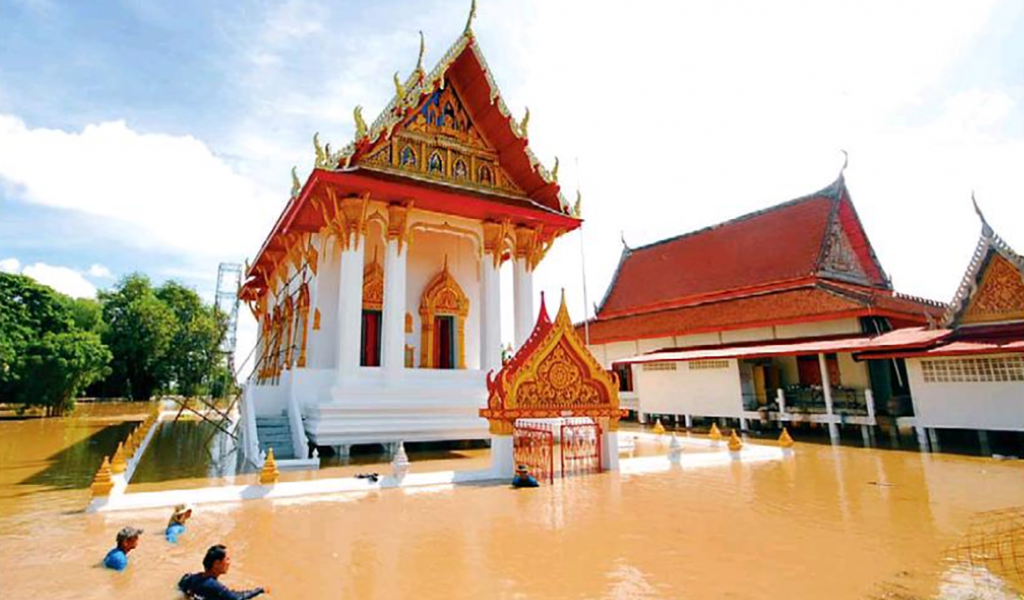Natural Disasters: Punctuating Political Will

There is a rather pragmatic school of thought called punctuated equilibrium, which suggests society is capable of real change only when disaster strikes. Whether the gloomy implications of this hold true or not, there is a definite proliferation of natural disasters these days, and reactions are most definitely being seen. Notwithstanding the motivations behind these reactions, we can only hope that these natural disasters will inspire greater and swifter commitments to addressing climate change.Several cases in point: While on the surface not directly related to climate change, the horrors of the recent earthquake in Japan have led to a powerful backlash against the nuclear industry. This has manifested itself in the face of the UNFCCC talks, which will begin formally on Tuesday, evident in the formation of a lobby for increased renewable energy options and investment.
A second unfolding scenario is catalyzing motivation, at least for the host country, Thailand, is the unprecedented floods in the south of the country. Still raging with no signs of respite, the south of Thailand has seen the deaths of 41 people so far. The region has been inundated in the past four months alone, with over 2,200 millimeters of rainfall compared to 2,700 millimeters over the whole of last year. According to Thai Deputy Chief Negotiator for UNFCCC Dr. Sangchan Limjirakan, " The Thai government is very concerned. When people [delegations] come to UNFCCC in Bangkok, we hope that we will finally get a solution in terms of political decision as well as implementation related to climate change."
The costs have been high, but there is hope that the impacts of these natural disasters can push the UNFCCC talks forward. And certainly the talks are sorely in need of whatever shots to the arm they can muster. The Cancun agreement reached three months ago was applauded, perhaps cautiously, by many. But the real work has yet to be done. One of the overshadowing qualifications of the Cancun Agreement* was that the tough negotiations around financing arrangements, the extension of the Kyoto Protocol, and the establishment of information provision systems by the developing countries, among others had been "kicked down the road" in order to force through the agreement.
The formidable challenges of putting flesh onto the bones of Cancun in time for Durban are staring the delegates to the Bangkok talks this week in the eyes. Hopefully, they are able to divert their glance briefly to national television, where the images of a submerged south dominate.
*Need to catch up on the Cancun Agreement? RECOFTC and FAO’s new publication “Forests and Climate Change After Cancun: An Asia Pacific Perspective” breaks down developments and their impacts into questions and answers.

